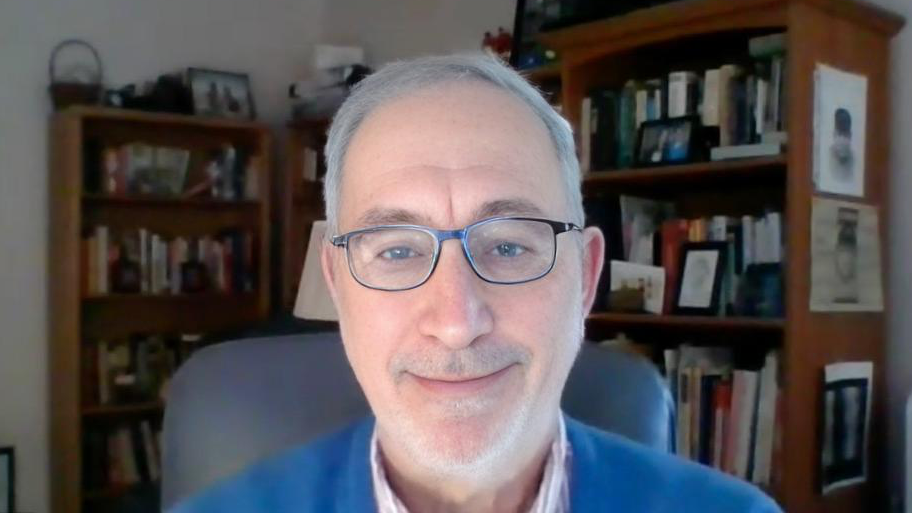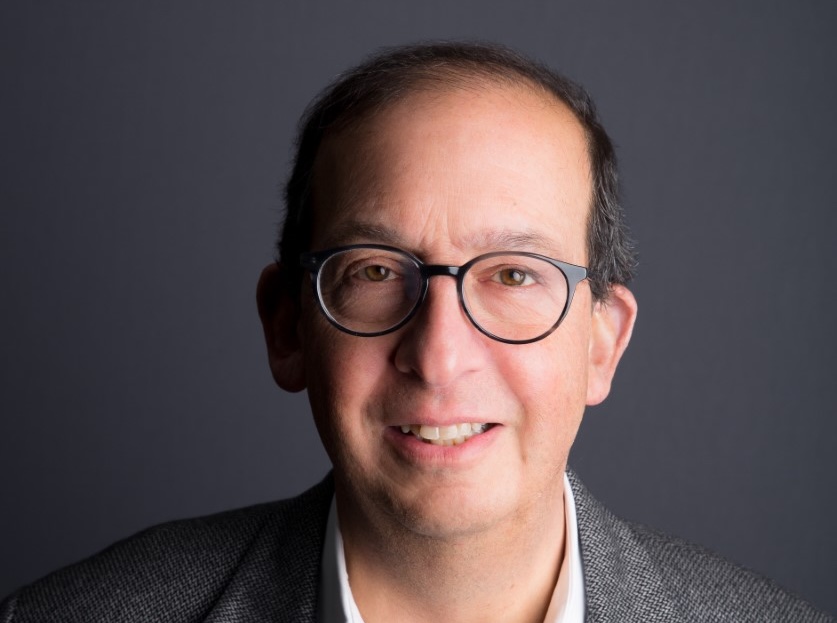The veteran reporter and commentator talks to Michael E. Hartmann about grantmaking and respect for individual agency, and the state of reporting and commentary on funders.
Marc Gunther does the hard work of both understanding that on which he reports and, when offering commentary, of thinking through the deeper and wider implications of various positions on issues.
Gunther’s incisive work has long included coverage of philanthropy and the nonprofit sectors. It is now featured at his Nonprofit Chronicles and Medium, and he is a regular contributor to The Chronicle of Philanthropy.
He is a former senior writer at Fortune and was editor-at-large of The Guardian’s section on sustainable business. He has researched and written four books, including Faith and Fortune: How Compassionate Capitalism is Transforming American Business and Suck It Up: How Capturing Carbon from the Air Can Help Solve the Climate Crisis.
Last week, The Chronicle of Philanthropy published an in-depth examination by Gunther about the massive grantmaking support of Michael Bloomberg and his foundation for efforts to reduce the use of flavored e-cigarettes, “Bloomberg’s Millions Funded an Effective Campaign Against Vaping. Could It Do More Harm Than Good?”
Gunther was kind enough to speak with me last week. In the first of two parts of our discussion, which is here, we talk about his in-depth examination of Michael Bloomberg’s grantmaking against flavored e-cigarettes, and what it says about the nature and effects of much of progressive philanthropy.
In the second, almost 15-minute part below, Gunther addresses grantmaking and respect for individual agency, along with the state of reporting and commentary on funders.
“I don’t smoke,” Gunther tells me. “No one in my family smokes. I didn’t want my children to smoke when we were growing up. But at least it’s worth considering whether people should have the freedom to smoke cigarettes, assuming they take responsibility for the consequences.”
More broadly, “I worry that if we focus too much on the structures and systems,” Gunther continues, “we’re condescending in some ways to the people we say we want to help and we’re also not giving them the agency to make individual decisions and choices to improve their lives. Maybe one question for philanthropy is, how do we encourage that sense of individual and family responsibility?”
On philanthropy journalism, he thinks there should be more “time-consuming, deeper looks at what’s going on. … I would also like it to be more critical.”


